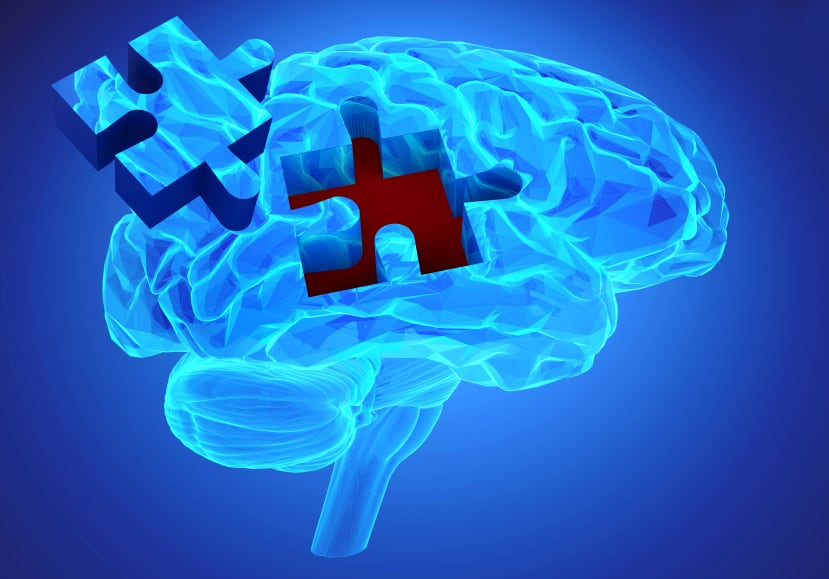Experimenting on mice, the findings could well have relevance in humans as the animals’ brains develop tissue structures comparable to those observed in people with the neurodegenerative condition.
“An increasing number of clinical observations indicates that fungi are becoming a more common cause of upper airway allergic diseases such as asthma, as well as other conditions such as sepsis," said study author Dr David Corry, professor of medicine-immunology, allergy and rheumatology at Baylor College of Medicine.
"These observations led us to investigate the possibility that fungus might produce a brain infection and, if so, the consequences of having that kind of infection."
Infections caused by the fungal yeast Candida albicans can cause airway allergic diseases as well as sepsis, which have been associated with increased risk for dementia later.
Support for gut-brain axis?
Writing in Nature Communications, the research team that also includes colleagues from The University of Maine, point to the cardiovascular system as the pathogen’s transportation method to the brain, which receives 14% of all cardiac output.
Dr Corry’s research appears to back up a large selection of research linking the gastrointestinal system with the neurological via the gut-brain axis that may explain gut microbiome’s link to such conditions like depression and Parkinson’s disease.
The team developed a mouse model consisting of a low-grade fungus infection with the common yeast C. albicans.
The type selected would not trigger serious disease but might carry consequences for brain function. The team experimented with several doses, selecting one dose containing 25,000 yeasts.
C. albicans was then injected into the mice, where they observed the yeast crossing the blood-brain barrier in which Dr Corry noted, "In the brain, the yeast triggered the activity of microglia, a resident type of immune cell.
“The cells became very active 'eating and digesting' the yeast,” he added. “They also produced a number of molecules that mediated an inflammatory response leading to the capture of the yeasts inside a granule-type structure inside the brain. We called it fungus-induced glial granuloma (FIGG)."
Memory improved when infection went
The team also assessed the rodents’ memory in yeast-infected and non-infected mice observing a decline in spatial memory in the infected mice. This impairment reversed when the infection cleared in 10 days.
But, the microglia remained active and the FIGGs continued beyond this point, until at least day 21.
Surprisingly, as the FIGGs shaped, amyloid precursor proteins built up around its structure with amyloid beta molecules built up around yeast cells captured at the centre of FIGGs.
These amyloid molecules are normally located in plaques that are the hallmark of Alzheimer's disease.
“These findings suggest that the role fungi play in human illness potentially goes well beyond allergic airway disease or sepsis," Corry said.
"The results prompted us to consider the possibility that in some cases, fungi also could be involved in the development of chronic neurodegenerative disorders, such as Alzheimer's, Parkinson's and multiple sclerosis. We are currently exploring this possibility."
Source: Nature Communications
Published online: DOI: 10.1038/s41467-018-07991-4
“Microglia and amyloid precursor protein coordinate control of transient Candida cerebritis with memory deficits.”
Authors: Yifan Wu, Shuqi Du, Jennifer L. Johnson, Hui-Ying Tung, Cameron T. Landers, Yuwei Liu, Brittany G. Seman, Robert T. Wheeler, Mauro Costa-Mattioli, Farrah Kheradmand, Hui Zheng, David B. Corry.



